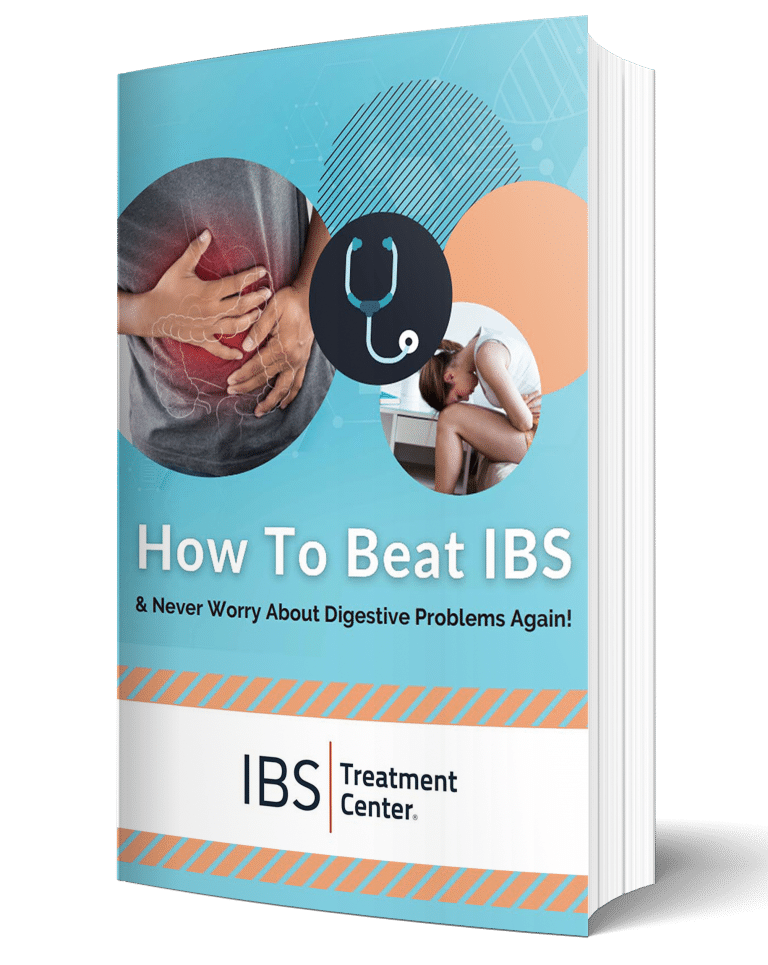(image thanks to nih.gov)
What Causes Sinusitis and Runny Nose?
Sinus infection (sinusitis) and runny nose are inflammatory conditions that result in mucous production and congestion. This leads to the resulting problems of sinus pressure headaches, a runny nose, or stuffy ears.
What Causes Inflammation?
Inflammation is caused by anything that can activate the immune system. It can be caused by a bacterial, fungal, or viral infections, or by environmental or food allergies. Bacterial and fungal infections are readily treated by antibiotics, and viral infections generally resolve on their own. Food allergies are the most under-rated cause of inflammation and congestion, and frequently exacerbate known environmental allergies.
How Do Food Allergies Trigger Sinusitis or a Runny Nose?
An allergy is an immune response, resulting in inflammation and in this case mucous production. Such a response to food can be exhibited in any part of the body, because nutrients are digested, absorbed and circulated throughout the body. This is why food allergies can cause a wide range of problems, including sinusitis and runny noses. There are many other conditions that can be caused by food allergies.
What Foods Trigger Sinusitis and Allergic Rhinitis?
Any food that can trigger the immune system via an allergic reaction is capable of causing sinusitis or allergic rhinitis. And the fact is, any food is equally capable of triggering an allergic reaction. There is no one-to-one correlation between foods and symptoms or diseases. Food allergies result in inflammation, which then leads to problems such as sinusitis. Therefore proper blood testing must be done in order to determine one’s food allergies.
Why Is It So Difficult to Recognize One’s Own Food Allergy?
This is problematic because of the often delayed nature of food allergies. Allergy symptoms may show up hours or even a day later, after a food is well absorbed into your system. This difficulty is compounded by the fact that certain foods, such as dairy and wheat, are so prevalent in our diet that many people eat them nearly every day. Therefore connecting your symptoms with your eating habits often nearly impossible.
What Causes a Food Allergy?
It is most likely that food allergies are genetically predetermined. In the big picture, humans have only recently introduced many current day foods into the diet, so it’s not surprising that the immune system doesn’t recognize every food as a friendly substance. Undoubtedly we do not understand everything there is to know about food or food allergies.
Image thanks to nih.gov

Dr. Wangen is the founder and medical director of the IBS Treatment Center, the award winning author of two books, and a nationally recognized speaker on digestive disorders. He has been on ABC, NBC, and Fox as well as public radio, and was named one of Seattle’s Top Doctors by Seattle Magazine.

